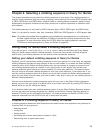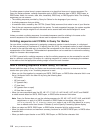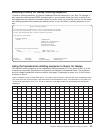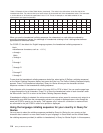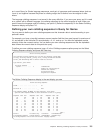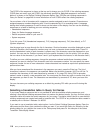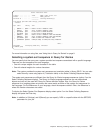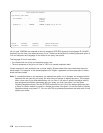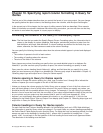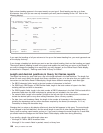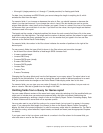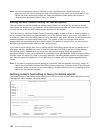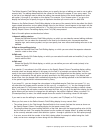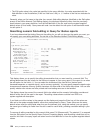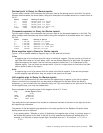
Select System Sort Sequence
Type choices, press Enter.
Sort Sequence.....1 1=Job run
2=Unique
3=Shared
Language id......*JOBRUN *JOBRUN, language id, F4 for list
F3=Exit F4=Prompt F5=Report F10=Process/Previous
F12=Cancel F13=Layout F18=Files F23=Save as default
Job run and *JOBRUN are resolved to the sort sequence (SRTSEQ keyword) and language ID (LANGID
keyword) from the user’s job when the query is run. These are the defaults for collating sequence option 5
if no sort sequence and language ID are saved in the query user profile.
The language ID is not used when:
v You choose Job run as the sort sequence option, and
v The sort sequence of the job at run time is *HEX or a named translation table.
Unique means that each character has a unique weight. Shared means that some characters share the
same weight. For example, in the shared sequence for English, uppercase and lowercase pairs of letters
share the same weight.
Note: If a translation table or sort sequence you selected via option 4 or 5 changes, the changed version
becomes the one used for your query the next time you change or display the query. The changed
table is also used if you deferred selection until run time. If you want a specific translation table or
sort sequence permanently associated with your query you must use option 3 on the Select
Collating Sequence display. Set the SRTSEQ parameter for your job to the desired table then start
a Query for iSeries session to create or change your query, use option 3 to set the Define Collating
Sequence display, and press F17. You can use F23 to permanently associate the table with all new
queries you create.
118 Query for iSeries Use V5R2




